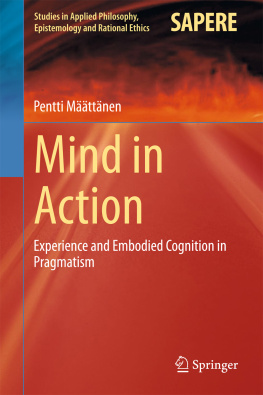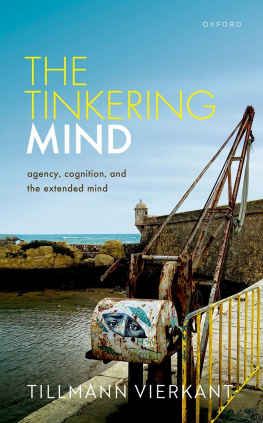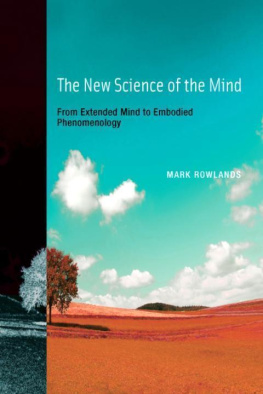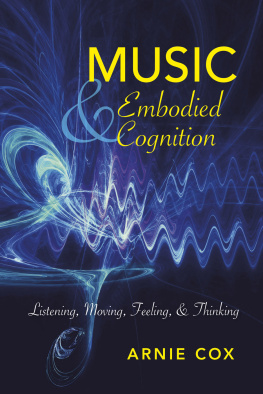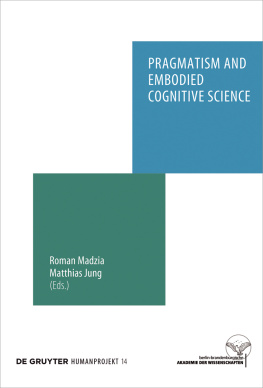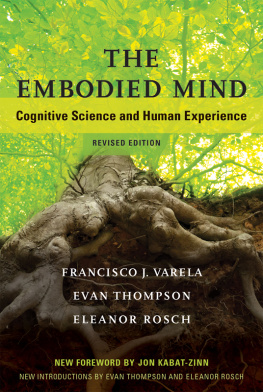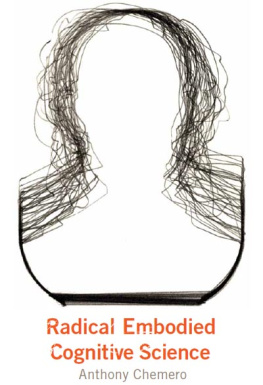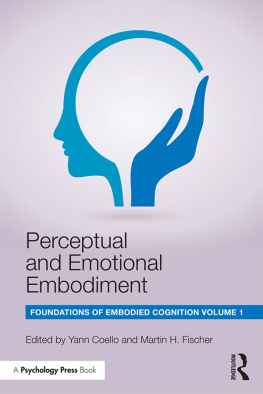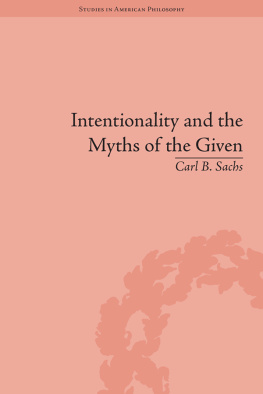1. Philosophical Naturalism
The general philosophical framework of this book is philosophical naturalism. However, naturalism can be characterized in different ways that are not compatible with each other. It is, therefore, more than appropriate to specify what is here meant by naturalism.
Naturalism gets its basic content and motivation from the recognition of the fact that human beings are one animal species, products of nature. The natural and cultural evolution takes place within nature, on planet Earth. Naturalism entails, by definition, that no supernatural forces have had any effect on what has happened during our emergence or has any effect on what we do and think here and now. And all phenomena in nature are, in principle, within the reach of empirical inquiry. The question is what kind of inquiry? Is it natural scientific inquiry or some wider view of empirical investigation?
The basic idea of naturalism gets its expression in the principle of causal closure . Nature is causally closed and no other than causal forces are allowed in explaining what happens in nature. All events in nature take place through physical causal processes. One of the central problems is whether this entails that natural science is, at least in principle, enough for explaining all that happens in nature. Some authors seem to think so. John Dewey s naturalism is different in this respect. He sees science as a problem solving enterprise without any aprioristic commitments to specific methods. The character of the problem determines the choice of methods. Required methodological considerations are more general. Deweys pragmatism contains radical criticism of the basic assumptions of the philosophical tradition.
1.1 Naturalism: Hard and Soft
Philosophical naturalism is generally associated with W.V.O. Quine s views. According to him epistemology is only a chapter in psychology understood as a natural science (Quine , p. 86). This version of naturalism can be called hard naturalism because of its appeal to hard natural science. This move certainly makes all epistemological problems empirical problemswhich is what one would expect of naturalism. But what justifies the claim that epistemology is a part of natural science? This seems to be a presumption that is just taken for granted. Dewey s view of inquiry as problem solving is not a commitment to the methods of natural science. It allows of methodological pluralism, which is why it can be called soft naturalism.
Commitment to naturalism entails that the aprioristic epistemology of classical philosophy is rejected. The problems of traditional epistemology either are solved by empirical methods or dissolved by showing that they are based on background assumptions rejected by naturalism. As pointed out, it does not follow that the empirical means should be those that are used in hard natural science. Dewey (LW 4) (). Inquiry is problem solving, and any method can be used if there is reason to believe that the use of the method gives information that is useful in solving the problem at hand. Dewey s conception of science as problem solving excludes the idea that one should cling to any specific methods, especially to those of natural sciences. Social sciences have different problems that may require different methods. It is not necessary to stick to the methods of natural science in order to keep problems and methods empirical.
In its effort to bring psychology under the scrutiny of natural sciences hard naturalism often ends up with reductionism. Folk-psychological predicates refer to nothing and are comparable to former scientific concepts like caloric fluid or phlogiston. This line of argument is problematic (Mttnen ). Mental predicates, observable behaviour and the understanding of the behaviour go hand in hand.
Apparently the need to get rid of folk-psychological (intentional and teleological ) terms is partly motivated by the idea that these terms do not belong to the vocabulary of natural science. Dropping them away undeniably neatly dissolves the traditionally problematic character of these terms. However, the problems connected to these terms can also be solved if one removes hard naturalism instead (see Chap. ). Dewey s soft naturalism gives the basis for doing it. Deweys classical criticism of the reflex arc concept points to the fact that brain processes are not necessarily exactly those causal processes that realize cognition. The notion of the sensorimotor circuit, the loop of perception and action , gives the basis of the solution. Action and perception are realized through physical causal processes. There are no good reasons to a priori exclude causal processes external to the brain from cognitive processes.
The soft naturalism adopted in this book does not make any commitments to any specific methods of natural science. It is based on the idea that nature is causally closed. There are no absolutely a priori concept ual truths or methodological principles. All problems are at the final instance empirical problems. This statement seems to be moderate, but actually it entails a serious challenge to classical philosophy. This philosophical tradition is based on dichotomies and background assumptions that must be rejected in consistent naturalism .
The idea that all problems are ultimately empirical problems does not imply that the structure of experience adopted by classical empiricism is the appropriate epistemological stand to apply. However, some naturalists appealing to natural science seem to think so. Consider what Jonathan Knowles writes in a book dedicated to naturalism : There is never a cognitive meeting between things-in-themselvesthat is, the things described by physicsand a similarly transcendental organism (Knowles , p. 72). Quine fails to see the difference between classical empiricism and pragmatism, where action is included in the concept of experience.
But human beings are not Humean beings. There is a growing awareness of the need to change the views about the structure of experience as well as about the emphasis of hard naturalism . Tibor Solymosi refers to John Dewey and states quite correctly that we have to reconstruct our conceptions about experience, reject the classical spectator account of knowledge , and put emphasis on interaction (Solymosi , p. 3).
1.2 A Priori Conceptual Analysis
Classical philosophy assumes that reason is independent of experience and capable of a priori concept ual analysis. This analysis gives timeless conceptual truth s that are absolutely independent of how the world is and what is our experience of it. This idea has its origin in antiquity. Reason is a power to investigate, for example, what are Plato nic unchanging ideas. The model was mathematics. Geometrical truths, or so it seems, are not recognized as such by experience. The sharp separation of reason from experience continued to later times (see, e.g., Hume , p. 157). Aprioristic conceptual analysis takes it for granted that concepts (meaning s) are formed and exist as vehicles of cognition independently of the world and how it is experienced. This is fine if, for example, it is assumed that consciousness is an immaterial container of immaterial units of thought and functions independently of the so-called external world.
From the naturalistic viewpoint this conception has a serious problem. If human beings are one species of animals, from where did we get this power of reasoning that transcends itself over and above nature? Naturalism does not allow of supernatural sources of cognition. We have got nothing out of the a priori blue, to use John Dewey s phrase. All powers of cognition have developed within nature. This entails there is no absolutely a priori power of conceptual analysis, and this, in its turn, implies that the foundations of thought cannot be investigated only by thinking about thinking. Multidisciplinary empirical research is also required. All concept s are connected to various forms of experience . Of course, the connection is not direct; there is no reason to deny the power of abstract thought (or the ability to write pure fiction).

